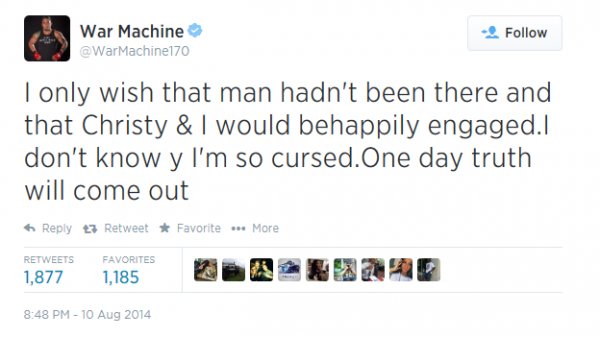The Fifth Annual Vagina Beauty Pageant: A Judge’s Notes

ATTN: NSFW PHOTOS AFTER THE JUMP
At 10 p.m. last Thursday, I sat myself in the judges’ row at Club Rouge in downtown Portland for the fifth annual Vagina Beauty Pageant. There were six judges, two poles, 22 competitors and 23 vaginas. Wait, what?
“Didja hear the story?” pageant staff photographer Hypnox shouted over the music. “Apparently, when she was a young lady and used a tampon for the first time, she inserted it but the blood didn’t stop flowing.”
The Vagina Pageant has been criticized for its somewhat anatomically incorrect moniker. However, I’d like to state that while it might be called the Vulva Pageant, within seconds of the contest’s beginning I really did view the inside of a vaginal canal and would see several more throughout the evening.
I spied my coworker Juniper Knox from Lucky Devil Lounge across from me, fondling a blow up doll’s breasts and lip syncing to Aaliyah. Nearer, judge Rachel Reckless sat stretched and crossed her long tattooed legs, sipping her drink through platinum-capped teeth. Beside her was Jedidiah Aaker of Portlandia fame (he’s the bearded guy in the thong). To my left was Nik Sin, all 3’6” of him looking devilishly handsome. Nik has appeared on Oddities, Portlandia, Jerry Springer and Maury, and has toured the country doing his Mini Marilyn Manson impersonation. Judge Tres Shannon, of world-famous Voodoo Donut, looked across the room. “I should check on my friend, Poster Boy. He doesn’t know anybody,” he said.
“He smells bad,” I said.
“He has butter on his dick.”
That wasn’t what I expected to hear. Although I already feared that I knew the answer, I asked “Why?”
“He gets lap dances.”
Suddenly the house lights were raised, “so that the judges could see better.” I cringed at the thought of the inability to hide treacherous razor burn and blemishes. Red light absent, shit was gonna get real.


